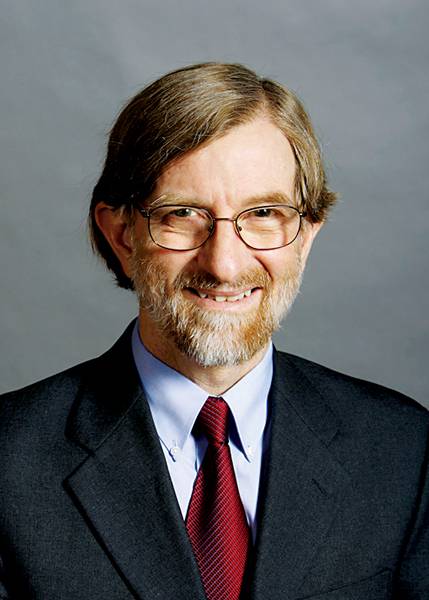- News
- News / Politics And Administration
- News / Politics And Administration / Campus
- News / Politics And Administration / State
How Democrats can gain undecided voters
October 28, 2015
Democratic presidential candidates Hillary Clinton, Martin O’Malley and Bernie Sanders all shared a proverbial sigh of relief recently after the combination of Vice President Joe Biden announcing his decision not to run for president and the conclusion of the Jefferson-Jackson Dinner in Des Moines.
However, the bumps in the road to riches are still forming. Republicans continue to gain numbers in polls, and many voters are still left undecided.
The 2007 Jefferson-Jackson Dinner set then-Sen. Barack Obama apart from his opponents and pushed him on to win Iowa’s caucus. However, this time around, no one candidate stood out from the other.
“The [Jefferson-Jackson] dinner showed the candidates had a lot of good things to choose from,” said state Sen. Herman Quirmbach, D-Ames. “[Clinton] is a very formidable candidate, Sanders says what needs to be said and O’Malley is showing a lot of enthusiasm.”
The reason the candidates aren’t standing out from each other much at this stage in the game is what Quirmbach refers to merely as respect.
“Democrats are showing support for each other,” Quirmbach said. “I spoke with a student after the [Democratic] debate who really nailed it, and she said ‘the adults showed up.’”
Unlike the Republicans who squabble in Twitter fights and call each other out to reporters, Democrats are standing united, Quirmbach said.
Republican candidates Donald Trump and Jeb Bush had a Twitter back-and-forth last week that caught the attention of many:
How pathetic for @realdonaldtrump to criticize the president for 9/11. We were attacked & my brother kept us safe.
— Jeb Bush (@JebBush) October 16, 2015
No @JebBush, you’re pathetic for saying nothing happened during your brother’s term when the World Trade Center was attacked and came down.
— Donald J. Trump (@realDonaldTrump) October 17, 2015
.@JebBush, like it or not, our country needs more energy and spirit than you can provide! #MakeAmericaGreatAgain
— Donald J. Trump (@realDonaldTrump) October 17, 2015
.@RealDonaldTrump’s absurd comments again raise questions on whether he possesses the judgment to be President: https://t.co/lLr1SF1jwp
— Jeb Bush (@JebBush) October 17, 2015
Jeb Bush should stop trying to defend his brother and focus on his own shortcomings and how to fix them. Also, Rubio is hitting him hard!
— Donald J. Trump (@realDonaldTrump) October 18, 2015
“They [Democrats] show respect for each other in a serious, adult-like fashion,” Quirmbach said.
But respect won’t garner those undecided votes. Once Biden denounced his opportunity to run, many political analysts thought his decision would push those who were holding their support out for him exclusively to other candidates, but it’s not so simple.
Alex Doser, senior in mathematics and president of the ISU College Democrats, said there wasn’t even a huge Biden contingency on campus to pick and choose from.
Voters are still undecided because they want to be, not because their favorite candidate dropped from the race.
“Everybody has issues that affect them personally,” Doser said. “It could be college debt, it could be climate change, but [the candidates] have to find those issues that resonate with [the undecided voters.]”
Doser and Quirmbach both agree that the best way for the candidates to lock in those undecided voters is to just wait it out until caucus season.
“Iowans take their duty as first in the nation very seriously,” Quirmbach said. “They take their time to make up their minds.”
Doser said given the “good three months we are away” from the caucus, candidates can still hammer out their important issues to the voters.
“People recognize they still have a lot of time,” he said.
The best way for the undecided voters to decide is to get involved during political season by registering to vote and going to the caucus, Quirmbach said.
“I strongly encourage all students to get involved,” Quirmbach said. “For many, it’s the first time they can get involved with the voting process, it’s a large responsibility.”

















